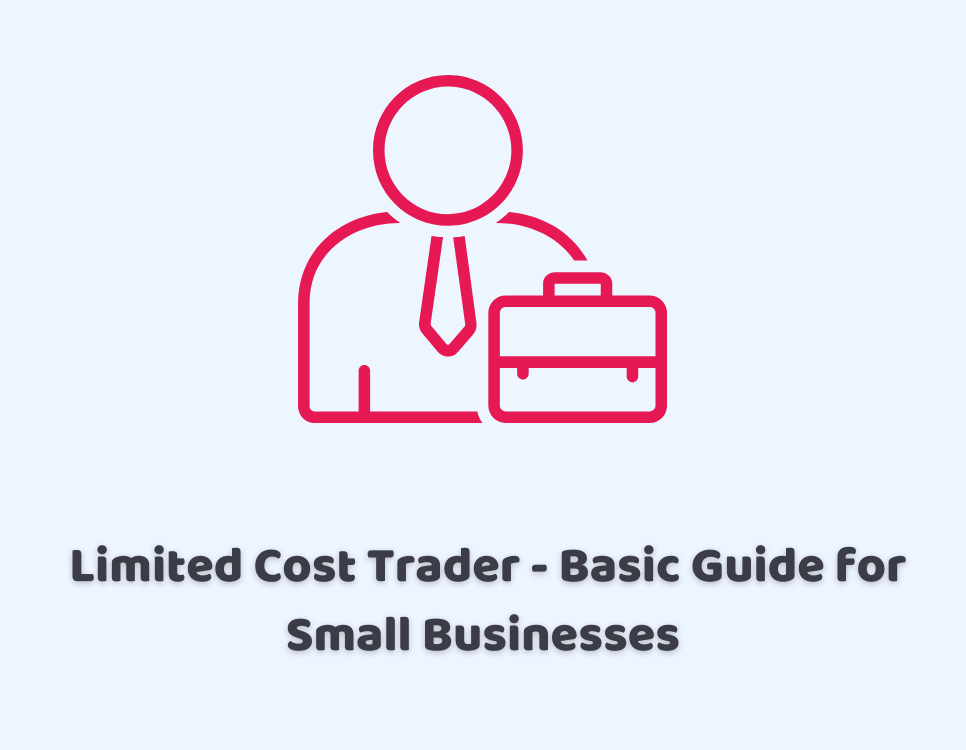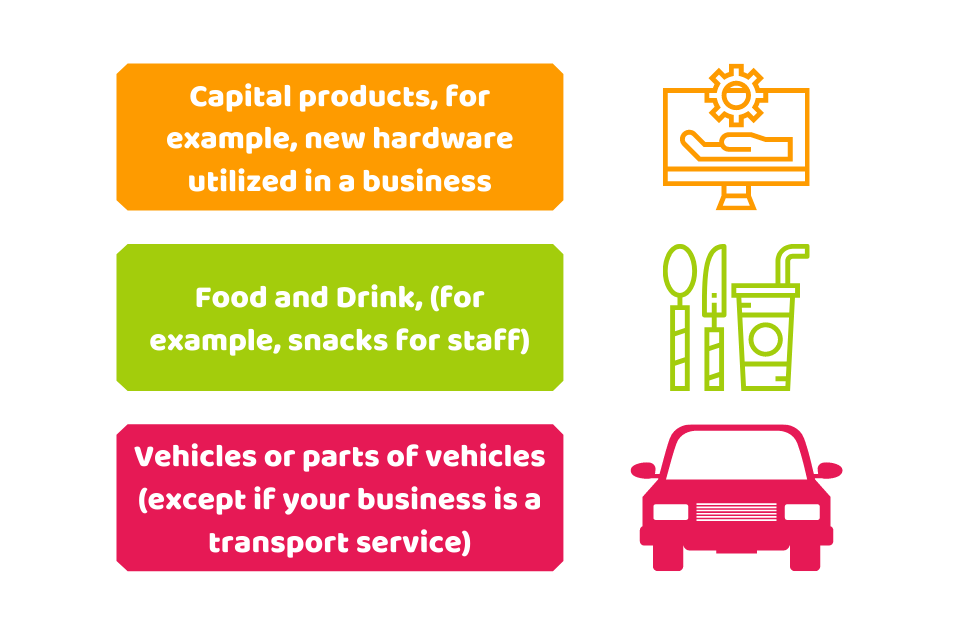
The VAT FRS ( Flat Rate Scheme) was created to make it easier for companies to account for Value Added Tax and to minimise the service charges of meeting all the VAT laws. It is open for businesses with a turnover not above £150,000 in the following 12 months. To distinguish a business required to pay a higher rate of VAT on the FRS is known as limited cost trader. If the company meets the given conditions (by HMRC) of a LCT, then the company will be required to pay a 16.5% flat rate. Let’s explore more about LCT.
Don’t have time to operate your company’s finances? Then, put your mind at ease and trust CruseBurke to take care of your company’s finances. Do you have a question? Please feel free to contact us right away!
Who Qualifies as a Limited Cost Trader?
According to HM Revenue & Customs, a LCT is a company that purchases only a few items. The company will need to pay a 16.5% flat rate if it meets the following conditions:
- The cost of purchasing items (including VAT) is below 2% of your annual turnover
- The cost of purchasing items (including VAT) is above 2% but below £1000 (per year) of your yearly turnover.
You can not find the correct VAT flat rate for your company if your business does not meet these conditions.
What are the Responsibilities of a Limited Cost Trader?
As a LCT, you are required to check how much money you have spent on purchasing the items each quarter and see how this figure meets the conditions mentioned above.
Moreover, you’ll have to utilise the (16.5%) LCT rate to your (VAT-inclusive) deals for that quarter to calculate how much is required to be paid to HM Revenue & Customs. Remember that do not use the regular rate.
Contact CruseBurke’s skilled accountants if you require assistance from an accountant or tax specialist.
Relevant and Irrelevant Items – Limited Cost Trader
First, you need to calculate your annual inclusive amount of purchased items to see whether you meet the conditions of a LCT. All the items that are purchased for business purposes are included except:

- Capital costs – any items purchased to be utilised throughout an extremely long time, like a PC.
- Food and refreshments bought for the business or representatives.
- Anything linked with vehicles such as fuel, vehicle acquisition, parts, and so on except if your business is a taxi company (a transport service)
You are an LCT if the annual inclusive amount of all the purchased items except for the ones mentioned above is below 2% or less than £1000.
Conclusion
We hope with the highlighted details; you understand the concept of limited cost trader better! It is essential for the businesses using the Flat Rate Scheme to check whether they are using the correct flat rate % for each fiscal year. It may be more beneficial for some company’s clients to take off the FRS and account for VAT utilising the general rules.
Are you looking for an accountant to manage your business finances? We are a team of professionals that provide incredible accounting and taxation services at affordable prices!
Disclaimer: This blog contains general information about limited cost traders.

